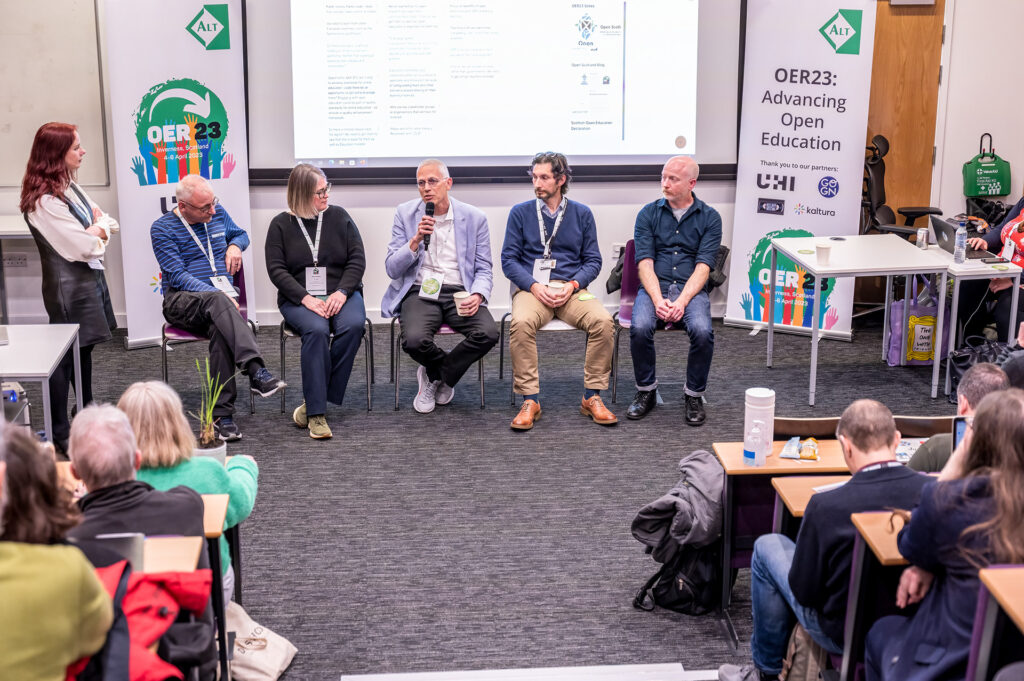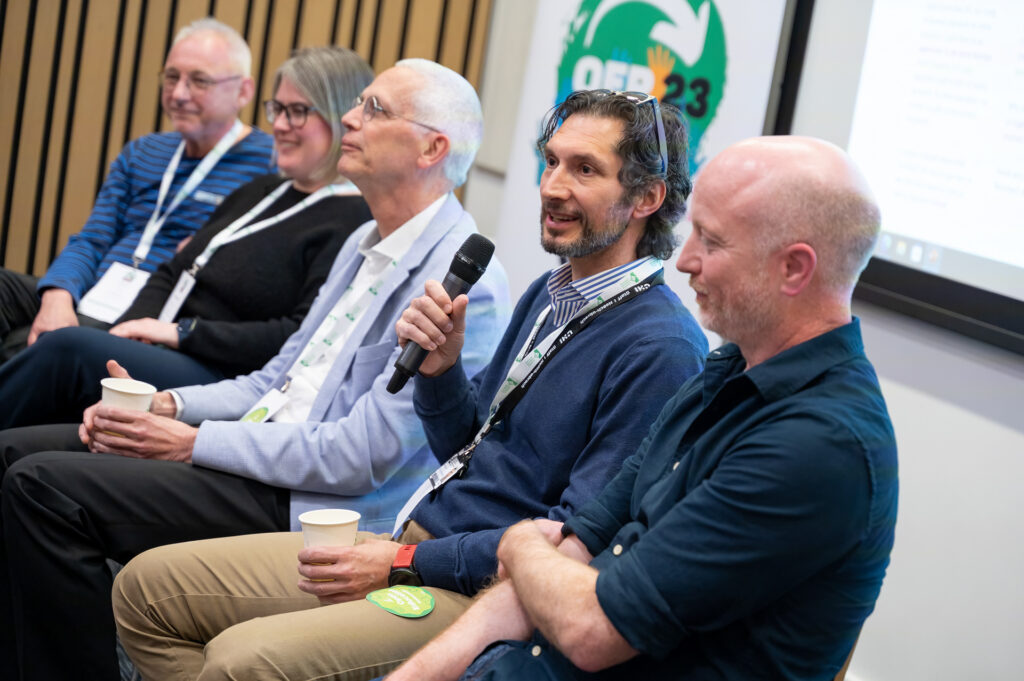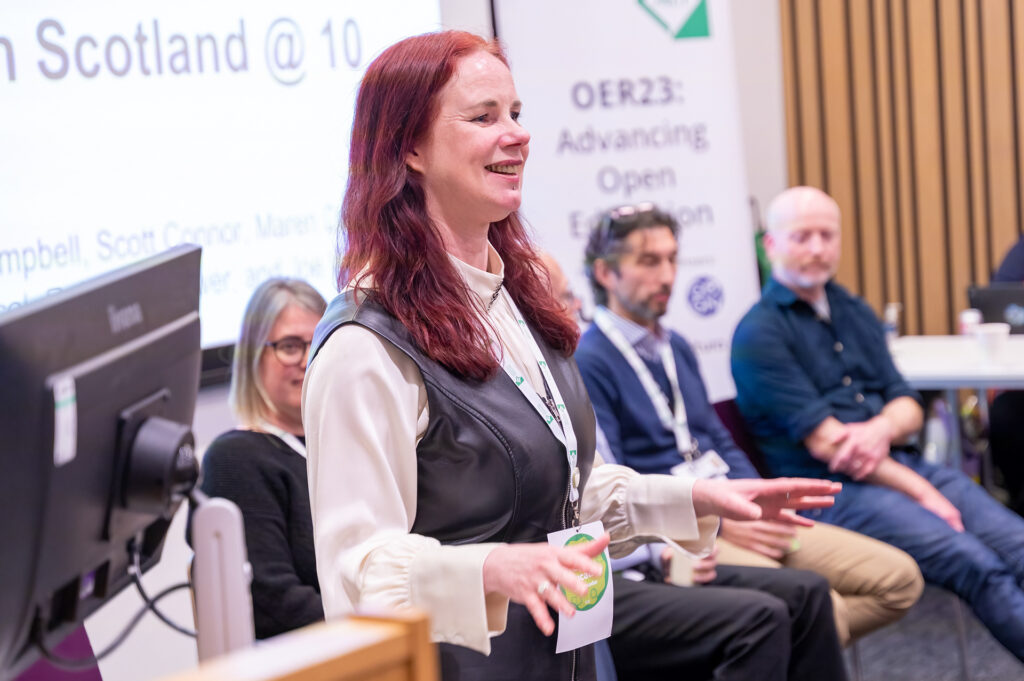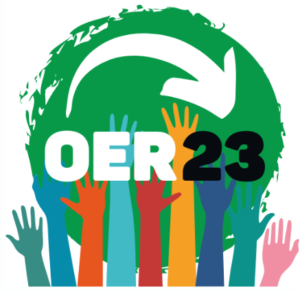Perhaps fittingly, I'm authoring this as my ham cooks for New Year.
I count myself fortunate to have been one of the 700 staff who left the Scottish Further Education (FE) sector in recent years, following a fantastic 38-year career and better still, my skills are still in demand.As I reflect on my time in this vital sector, it seems fitting to publish these thoughts at a time of hope and renewal. Ever the optimist, I believe in the potential for change.
Over the years, I’ve worked with national agencies responsible for awarding, funding, and staff development. I’ve collaborated with or worked for all the Glasgow colleges, including serving for 15 years on three college boards. Yet, I’ve never seen the sector in a more precarious position than it is today.
Scottish FE colleges are a cornerstone of the nation’s educational landscape. They provide vocational training, open pathways to higher education, and offer opportunities for lifelong learning. These institutions reflect Scotland’s historical commitment to accessible, practical education for all, evolving to meet the changing needs of society and the economy.
You won't find these stats in many places in terms of life long learning but most of the Scottish population are touched by a College at some point in their life. More so than say a university.
Having stepped away from the system, I feel compelled to highlight its challenges. These issues run deep, and it’s disheartening to see no sensible solutions on the near horizon. Agencies that once offered support and guidance are now in disarray.
Despite this, college boards, principals, teaching, and support staff continue to innovate and deliver exceptional results for their learners. However, the system they operate within is inherently unfair, inequitable, and in dire need of reform.
Staff are overwhelmed by the dual expectations placed on colleges: to close the attainment gap and drive social mobility, while also addressing skills shortages. These ambitious goals are undermined by ever-diminishing resources. Colleges, which could be a powerful engine for economic renewal both locally and nationally, are starved of the sustained support they need. In some cases, poor workplace relationships—driven largely by a lack of resources or a clearly articulated and funded national strategy, exacerbate these struggles.
It is rare to see college principals or even Colleges Scotland publicly addressing these issues. Given that college chairs are government appointed and principals are employed by college boards, it’s a testament to the severity of the crisis when these leaders dare to speak out. It is tough speaking truth to power and we need much more of this.
The challenges, are undeniable. Audit Scotland has been flagging the sector’s fiscal issues for years. We are now past the critical point.
If there is less money in the system, a fresh approach is essential. The tertiary sector needs rebalancing, and there must be an acknowledgment that “free” higher education comes at a cost to the system as a whole.
Colleges operate differently from universities. I began my career as a local authority employee, transitioned to working for incorporated colleges, and ultimately worked for a regional college. Throughout this journey, colleges have always been directly reliant on public funding. Today, they are controlled and funded by the Scottish Government via the Scottish Funding Council (SFC). Unlike universities, which enjoy greater fiscal freedom, colleges are almost entirely instruments of government policy.
When a College gets into really deep challenges, the leadership team and even the College Board can be replaced, this is not how a University senate operates.
Recent history—particularly regionalisation—demonstrates that the system can be radically reshaped through direct intervention. Yet, what is lacking today is a clear vision, a direct steer, and mostly, appropriate funding.
While universities are also facing financial pressures, they have much more autonomy in managing their resources and have been more effective in lobbying.
Their stronger connections to senior politicians across the political divide, many of whom find posts in the university sector after public service, may partly explain the lack of collective political will to address these imbalances.
It is not simply that old chestnut that the policy makers and journalists move from school to university and they don't understand what Colleges do. It is much more pernicious. I think it may be some time before for instance the esteemed educational departments within our University sector speak out and or offer any solutions to the current College crisis. Their output on vocational learning is still scant.
The disparity is stark. Glasgow residents cannot fail to notice the large-scale campus developments across the university sector, as well as the booming private student accommodation market. While academics often face precarious short-term contracts, for some universities, this is a golden age of campus expansion. Others, however, face much bleaker prospects.
What Needs to Change
Within the current college policy framework, certain elements appear for the present to be immutable: regionalisation, national pay and conditions bargaining, lecturer membership of the General Teaching Council for Scotland (GTCS), and “free” higher education.
Yet, there are areas ripe for reform. Here are some questions and suggestions—some more radical than others:
1. Regionalisation: What is the point of college regions if they aren’t connected to more regional funding?
2. Funding Integration: Break down siloed funding within the SFC for further and higher education. Include funding for work-based learning and ensure activities are funded at the same rate. This would mean reallocating some university funding to colleges and work-based learning. Yes, there are proposals here but things are simply moving far too slowly.
3. Differentiated University Funding: Recognize that universities are not all the same. Adjust funding formulas to reflect these differences and use public funding to shape what is available. Any course at a University should surely be based upon national occupational standards. This would support proper articulation links.
Some institutions may value global status over local delivery but let them make that strategic decision.
4. University Mergers: Encourage mergers within the university sector.
5. Inclusive Development: Ensure that any nationally funded development projects include colleges and work-based learning. How does the National Manufacting Institute for Scotland and Data Lab and other initiatives link deeply with Colleges, Training Providers and schools.
6. Open Education: Foster the adoption of UNESCO’s policies on open education across all sectors, including schools and local authorities. Let's make learning much more accessible to all.
Perhaps it’s even time to consider the unthinkable: university-college mergers. While this may seem radical, it could pave the way for a more integrated and equitable tertiary education system.
My caution against this would be that the very sector that that can be fleet of foot. That has short flexible courses and a vocational focus could easily be absolutely stifled by our slow ponderous and expensive higher education system.
The simplest solution is an equalised funding formula for every candidate for public contribution to tertiary education in Scotland.
In College, in University in work based learning the disparity in funding needs to stop and focus needs to be on learning and skills.
I better go a check my ham - Happy New Year to one and all.










.jpg)





 This blog post was originally posted on the
This blog post was originally posted on the 
